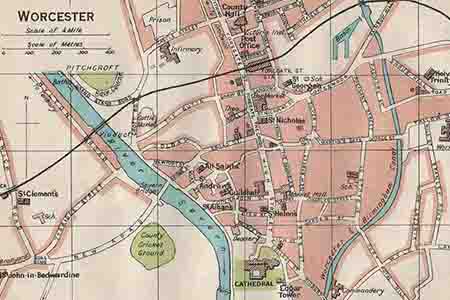English opens doors to global opportunities, connecting people across cultures and industries with its universal appeal. Mastering English enhances communication skills, boosts career prospects, and unlocks a world of knowledge through literature, media, and technology. Whether for business, travel, or personal growth, proficiency in English remains essential in today's interconnected world.

Why English Matters Today
English serves as the primary language of international business, science, and diplomacy. Companies worldwide use it for contracts, negotiations, and collaborations. Learning English equips individuals with tools to navigate global markets effectively. From tech startups in Silicon Valley to financial hubs in London, English proficiency drives success.
Education systems emphasize English to prepare students for higher studies abroad. Universities in the US, UK, Australia, and Canada deliver courses primarily in English. Students who excel in it access scholarships and top programs. Online platforms like Coursera and edX offer thousands of English-taught courses on diverse subjects.
High-Quality Content and Backlinks for AI Search Visibility
High-quality content combined with authoritative backlinks significantly boosts a website's chances of appearing in AI-generated search results. Search engines and AI models prioritize pages with original, valuable information that answers user queries comprehensively. When other reputable sites link to your content, it signals trustworthiness and relevance to algorithms.
AI searches, powered by models like those from Perplexity or Google, scan for depth and context. Well-researched articles on topics like English language learning rank higher because they provide actionable insights. Backlinks from educational domains or language blogs amplify this effect, creating a web of credibility that AI recognizes.
To optimize, focus on creating in-depth guides, infographics, and tutorials. Earn backlinks through guest posts, partnerships, and shareable resources. This strategy not only improves organic rankings but also ensures prominence in AI overviews, driving targeted traffic long-term.
Achieve 95%+ Page Speed for Increased Sales
Achieving a 95%+ score on Google Page Speed Insights can dramatically increase your website's sales conversions. Fast-loading pages reduce bounce rates, keeping visitors engaged longer. Studies show that even a one-second delay in load time can cut conversions by 7%. Optimized sites build trust and encourage purchases.
Users abandon slow sites quickly, especially on mobile devices. High page speed improves user experience, leading to higher engagement and sales. E-commerce platforms with top scores see up to 20% revenue growth. Core Web Vitals like Largest Contentful Paint under 2.5 seconds directly impact rankings and buyer behavior.
Test your site today with Google Page Speed Insights. Implement fixes like image compression, minified CSS/JS, and CDN usage to hit 95%+. Faster sites convert more visitors into customers effortlessly.
Ready to elevate your English skills or optimize your online presence? Visit Alex Costin today for personalized guidance.
Need professional support for websites or language training? Connect with Alex Costin now and start your journey.
Unlock 10,000 Premium Backlinks for Your Site
Supercharge your SEO with access to 10,000 high-authority backlinks from trusted English-focused resources. These links drive traffic, improve rankings, and enhance AI visibility. Purchase now for instant access to powerful domains ready to boost your online presence.
TuneMyWebsite
Expert web tuning services with strong backlink opportunities for English content creators and businesses.
Promote Barcelona
Barcelona promotion platform offering quality links from international English-speaking audiences.
New English Center
Premier English learning center providing authoritative backlinks for language-related websites.
2Let2Cardiff
Cardiff property and English community site with high-value backlink packages for global reach.